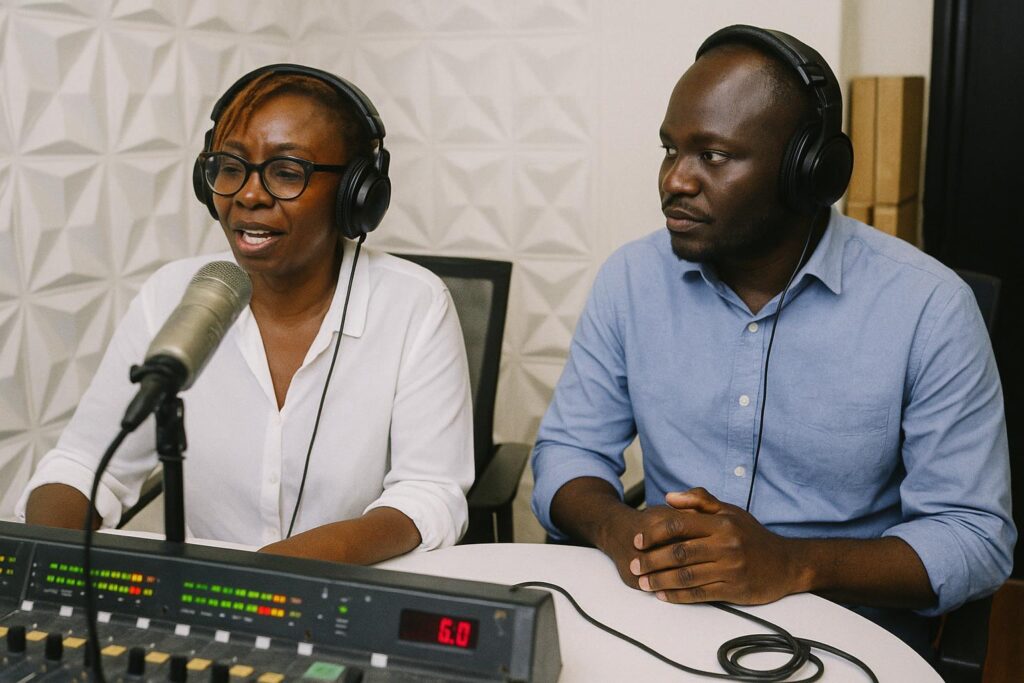Household Budgets and Period Care
Gender advocates across the region say monthly supplies belong beside rice and soap on every shopping list. Including sanitary pads in regular budgets, they argue, tackles period stigma at the root and safeguards girls’ dignity and health.
Many men still overlook the cost of pads for daughters, nieces, or wards, leaving young women to improvise and miss school days. Advocates insist this hidden expense deserves the same priority as any other essential household item.
Doctors Call for Male Engagement
Obstetrician and gynaecological oncologist Dr Idyoro Ojukwu voiced concern on Eye Radio’s Dawn programme on 17 October 2025. She urged husbands to allocate pad money alongside food allowances and to donate extra packs to nearby schools.
“Even if you have no girl at home, buy one pack and hand it to a schoolgirl you meet,” she recommended, noting that limited female employment often places husbands in full control of household purchasing power.
Activists Target Stigma
Data Gordon, who leads the Men for Women Organization, believes men can switch from “stigmatizers to supporters” by openly buying pads. Visible action, he says, normalises menstruation conversations and nurtures healthier attitudes among boys.
Gordon links supportive male behaviour to higher girl retention in classrooms, arguing that adequate menstrual hygiene management prevents absences that derail learning and confidence.
UNICEF Data on Schoolgirls
UNICEF reports that South Sudanese schools often lack clean water, separate latrines, and affordable pads. During their periods, many girls arrive late, fall behind academically, or drop out entirely.
The agency warns that prolonged absenteeism can push girls toward early marriage. By sharing the cost of pads, advocates argue, fathers can help close the education gap and uphold long-term community development.


